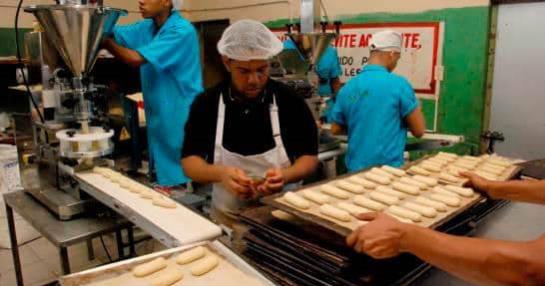The arrest that occurred soccer player wednesday Nicholas Schiappacasse –and his subsequent summons- to the Prosecutor’s Office raise doubts about the chances you will have the player to re-enter a public show in Uruguayat least in the short term, in case he is charged.
Sources from the Uruguayan Football Association (AUF) consulted by The Observer they assured that to add a precedent, Schiappacasse will join the blacklist of 926 people (including 126 foreigners) who are prohibited from accessing sporting events in the country. This will not prevent him, however, from continuing to participate in the matches and enter the stadiums, as a soccer player.
But why could he play for any club and not attend as a fan?
As explained in article 14 of decree No. 1/021 of the Penal Code, your guarantees as a worker are protectedeven if it is included in the register of disabled people. The regulations establish that any individual has the right to enter the sports event “for the sole purpose of specifically fulfilling their task” and, in this case, the law understands that the exercise of the right to work must be preserved.
This is how he explained it to The Observer labor lawyer Leonardo Slinger: “Depending on what the court ruling is, it could be reasonable that he cannot enter as a spectator, but as a playerwith all the safeguards that are determined, by the principle of freedom of work. One thing is what could be the prohibition of entry to public shows, which makes someone enter as a spectator, and another thing is what could be the right to enter as a worker. I think there can be two different spheres of analysis of the subject.”
One possible option would be Judge go further and extend your sentence to the workplace. Although it is not a very feasible scenario, given that hypothetical decision, the defense could appeal and claim for the restriction of his freedom to work. “There another sphere would be invaded: the blacklists do not let you enter the show, but you are not entering the show, but to work. It is not that the list is being invalidated, it seems to me that they are different things; one is the purpose that persecutes the lists of people who are not allowed to enter the stadium and another is freedom of work,” he insisted.
Lawyer Juan Pedro Núñez agreed with his colleague recalled an episode from 2014, when in a summer classic a series of Nacional and Peñarol players started a brawl against a corner which ended with nine of them being blacklisted monitored by the Ministry of the Interior. At the time, Rafael Peña, in charge of security at the AUF, explained to Montevideo Portal that, despite integrating the registry, the soccer players could play the matches -including the classic- in the same way, since it was not possible to “cut off their right to work”.
“I’m not able to buy a ticket to go to a sporting event, when I was on the list, but I could work,” he said then.
Núñez acknowledged that he would be surprised if a player in Schiappacasse’s situation is suspended from playing games, which are, ultimately, his way of “doing his job.” In that sense, explained that the right to work prevails over the sanctionbeyond the fact that there are no “absolute rights” and the laws may limit other rights for reasons of general interest.
If the prohibition is established, “the judge would be limiting the right to work and there is no law that specifically allows it. Another thing is when the subject is serving a prison sentence or penitentiary that obliquely prevents him from working,” he explained to The Observer.
“I consider that the penalty could not be imposed specifically for the prohibition of playing football. The strongest argument is that this happened and, indeed, the players continued to play“, concluded the lawyer.






